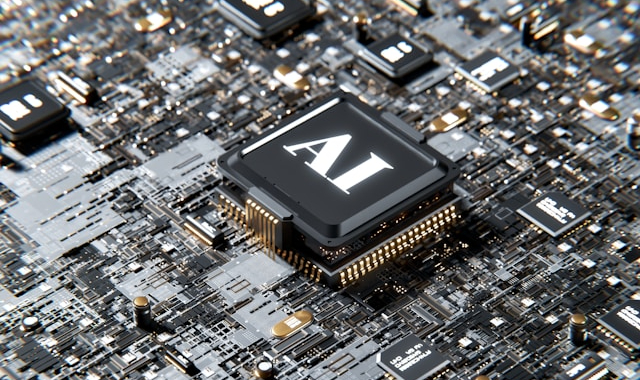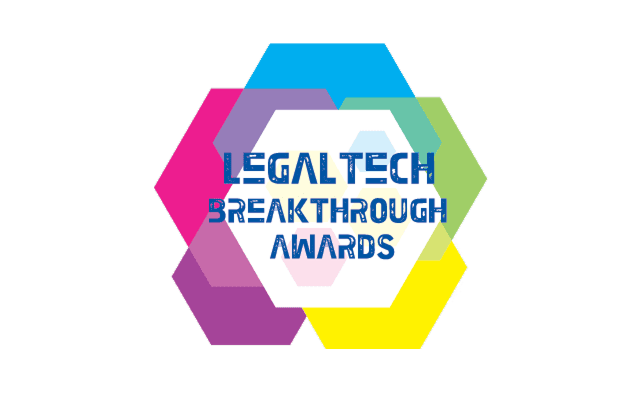AI in Practice: Practical Uses for AI in Litigation
Explore the practical applications of AI in litigation and see how technology is reshaping courtroom strategies and collaboration.
ArticlesThe integration of Artificial Intelligence (AI) into law, once a speculative future, is now an operational reality. From practice management and automation to advanced data analytics, AI has become an integral part of the modern litigator's toolkit. While the legal industry's adoption may have been more measured compared to other sectors, this caution has given way to a strategic embrace, with lawyers now deploying AI at every stage of the matter lifecycle to gain a decisive advantage.
This shift is driven by a confluence of factors: the exponential growth of data, post-pandemic digital acceleration, and a growing judicial mandate for efficiency. The focus has moved beyond simple automation to a future where AI-powered workspaces provide a "single source of truth", fostering collaboration and unlocking deeper insights.
In this article, we explore three key ways in which AI has permeated litigation practice.
The benefits of litigation AI
The benefits of AI in litigation are now undeniable. It delivers a powerful trifecta of value: significant time and cost savings, enhanced strategic insight, and robust risk mitigation. By automating routine tasks, AI frees legal professionals to focus on high-value strategic work.
Furthermore, AI tools enhance collaboration within a secure, centralised platform, ensure compliance with evolving court guidelines like PD 57AC, and provide data-driven predictability that was previously impossible. This allows firms to deliver greater transparency and value to clients while improving outcomes.
3 ways AI has permeated litigation
1. Generative AI functionality and cognitive insight
The most transformative development is the move from passive search to active discovery. Lawyers are now using generative AI to unlock hidden connections, patterns, and timelines within massive datasets. This is particularly powerful in complex litigation where document portfolios can span millions of items.
Powered by advanced models such as TrialView offer AI-powered cognitive search functionality. This allows users to interrogate their entire case database using natural language, asking complex questions and receiving specific, cited answers in seconds. This capability enables lawyers to rapidly identify inconsistencies in an opponent's case, strengthen their own arguments with previously overlooked evidence, and build a more compelling narrative. This is the shift from finding documents to understanding the story they tell.
2. Speech-to-text technologies
Digital dictation has evolved into a sophisticated tool for capturing and utilising testimony. Speech-to-text technologies are now invaluable for key activities like witness interviews and hearings, creating immediate, actionable outputs.
For instance, TrialView’s Witness Preparation Tool integrates fully transcribed and hyperlinked video testimony. Users can record a verbatim account of a witness's evidence and instantly generate a draft witness statement. Crucially, the AI automatically hyperlinks this statement to the key documents discussed, creating a navigable record that ensures compliance with procedures like PD 57AC and dramatically accelerates the statement-drafting process.
3. Predictive analysis and intelligent automation
AI's ability to predict outcomes and automate labour-intensive tasks is revolutionising litigation strategy and administration. This extends beyond simple data entry to complex, cognitive functions.
- Predictive Analysis: A growing field of AI tools allows firms to forecast the likelihood of success in litigation. By analysing past data, these tools can provide evidence-based probabilities for outcomes or costs, factoring in elements like a specific judge's tendencies or the average spend on similar disputes. This mitigates risk early on and allows for more informed, strategic decision-making.
- Intelligent eBundling: In document-heavy tasks like bundling, AI is indispensable. TrialView’s intelligent workspace uses AI for date recognition, smart pagination, de-duplication, and auto-indexing. This enables the fast creation of complex, court-compliant bundles with dynamic cross-referencing, all while maintaining global page numbering even when documents are added or replaced. This eliminates a major source of administrative error and last-minute stress.
Leveraging a unified AI platform
These technologies are not just becoming essential, especially after being court-prescribed. They are crucial for any firm aiming to remain competitive. Clients increasingly demand efficiency, cost certainty, and data-driven strategy.
The greatest strategic advantage lies in using a unified platform. At TrialView, our award-winning AI powered platform is a trusted litigation solution for law firms around the world. Our Open AI offering enables you to ask questions, build timelines, detect patterns, and make connections at speed.This allows you to compare statements, depositions, and case documents, as well as uncover inconsistences in your opponent’s case and witness testimony. Plus, with eBundlng, case preparation, and hearing services, TrialView allows you to work with speed and efficiency so you can make your case preparation smarter through collaboration.
Ready to transform your litigation practice?
If you would like to learn more about how litigation AI can support your upcoming trial or hearing, why not book a tailored demo to see TrialView in action?
See TrialView in action
As one of the leading litigation platforms, TrialView is the perfect addition to your tech stack. Book a free demo to get started.
Book a demo.svg)



